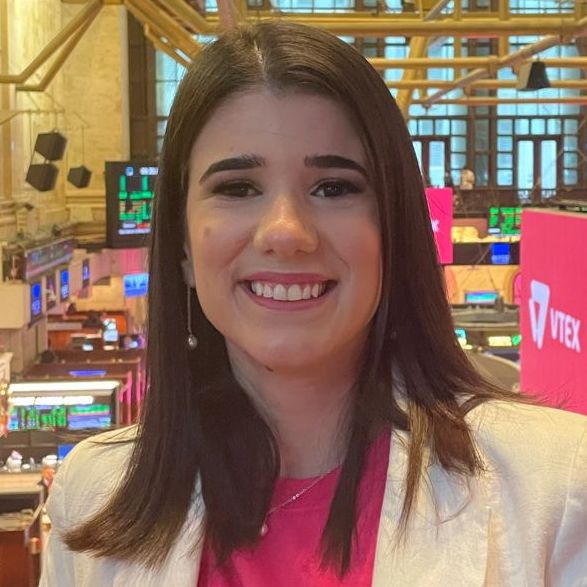
How ancestry and the concept of community are foundations for a black future in technology
If we stop for a while and reflect on it, the history of black people has always been intertwined with technology and innovation; it was in the African continent that the first technological revolution of humanity took place.
Starting with Ancient Egypt, where major technological and scientific developments were accomplished in the fields of engineering, astronomy, geometry, weaving, as well as in mathematics, chemistry, architecture, medicine, pharmacology, and philosophy. From the Sahara region, where the peoples developed agricultural techniques and tools, which played a fundamental role in world agriculture, to sub-Saharan Africa, known for agriculture and the handling of all sorts of metals.
Nonetheless, this is not the story of Africa and the Black people that we are used to hearing. The narrative begins with the European “colonization” that sought to exploit African natural and human resources, with the slave trade as a highly profitable endeavor. Researchers estimate that up to 100 million people were forced to leave their homelands and cross the Atlantic Ocean to be enslaved.
As slaves, individuals would be removed from their households, given a new name, had their cultural identity erased, and their inherited ancestral skills and knowledge exploited to maximize their masters’ profits, in addition to daily abuse and constant dehumanization in their day-to-day lives.
These conditions, which violated the person’s rights, were also against the African Ubuntu philosophy, whose foundation is basic respect for others, and whose other humanistic meanings speak of welcoming, sharing, and strengthening a community, that is, the essence of the translation of this philosophy: “I am because you are.”
Being part of a community is not only about having a source of emotional support, but also a place of connection, and a potential shelter within other spheres of personal and professional life. In a society structured on a racist system, it is vital that black people have support within the job market.
According to a survey by Pretalab in 2017, in 68.5% of cases, black people represent a maximum of 10% of the tech staff. Given these numbers, what is the role of the community other than providing its members with emotional support?
So that a community will be able to serve as a place of boosting and insertion into the technology market, it would need to either have a company’s support or to have been born inside one. To boost the development of these people and their integration into this market, new initiatives need to be created.
VTEX, for example, has Black Tech Writer, an initiative that aims to promote diversity and inspire new generations of leaders within the technology market. The program, whose second class has just graduated, had 240 applicants, among whom 20 people were selected for a five-week training course.
The vision of a community emerging within a company speaks to a future where people understand the importance of a diverse and inclusive work environment because we create products for people, and people are diverse.
When it comes to a technology company, this is boosted from the moment we understand that there are no black people in technology work teams in 32.7% of the cases. Understanding the great connection, previously mentioned, between black people and technology, we find cultural and political movements with the purpose of inserting this other worldview in these communities.
The future of black communities and people is also connected to technology, which Afrofuturism can help us translate. This cultural aesthetic, philosophy of science, and history that speaks of taking back our ancestry and, at the same time, thinking of the black individual as the protagonist of artistic movements, of science and technology, a perspective that brings back what has been denied to the black population since Ancient Egypt.
When Afrofuturism talks about ancestry as the basis for our future, the movement urges us not to forget figures like Gerald A. Lawson, an American electronic engineer, who, besides being one of the few black people to work in Silicon Valley in the 1970s, was also the inventor of the function to pause a game and resume it without losing progress; or Katherine Johnson, mathematician and space scientist, who helped humans reach the moon.
Among many other prominent figures in our history of technology, we also have Joy Buolamwini, a computer scientist at MIT (Massachusetts Institute of Technology) who is working to make facial recognition software effective for black people as well, and founder of The Algorithmic Justice League, an organization that aims to raise awareness of the social implications of artificial intelligence through art and research.
“Afrofuturism is one of the many black thoughts that enable our notion of belonging.”
Jonathan Ferr, Brazilian pianist
Afrofuturism also shows itself in the present, where black people dream and long, even in the distant future, to have full access to technology, as well as access to and possibilities within the arts. All of this, somehow, shows itself to be of utmost importance when we talk about a diasporic issue but also following the motionlessness of racism, which doesn’t cease. It helps us project our society into the future we all want: one where we all fit in.














